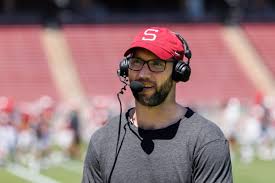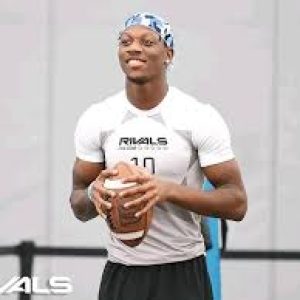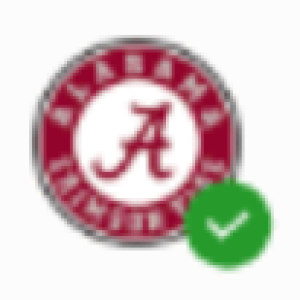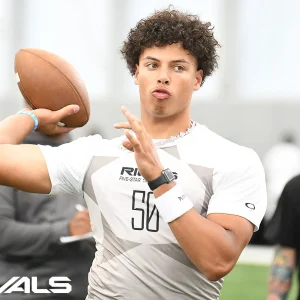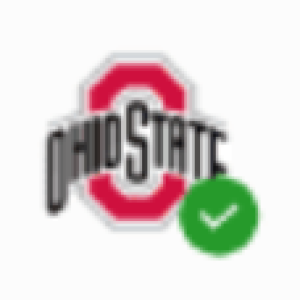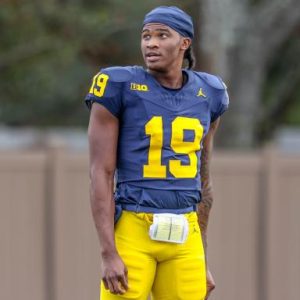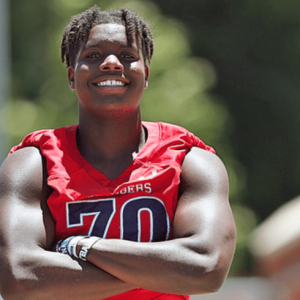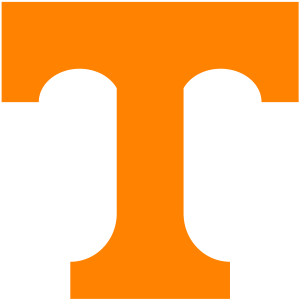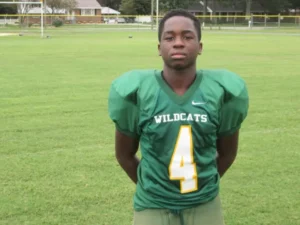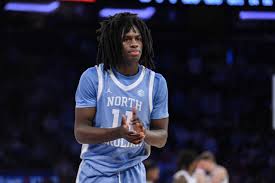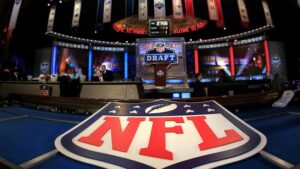General Managers in College Football: Steering New Strategies and Leadership
The landscape of college football is witnessing a significant shift with the emergence of general managers, a role traditionally seen in professional leagues. This transition marks a new era in the strategy and management of college sports programs.
Establishing a New Leadership Role
Integrating Professional Insights into College Sports
General managers are now becoming a fixture in college football, particularly within resource-rich FBS programs. These roles are also appearing in men’s and women’s basketball. The shift underscores a broader trend of professionalization and strategic management in collegiate athletics.
Andrew Luck’s Trailblazing Return to Stanford
A Holistic Approach to Program Management
Former Stanford quarterback Andrew Luck has embarked on a pioneering journey as the football program’s general manager. His comprehensive responsibilities span:
- Coaching staff management,
- Player personnel,
- Recruiting,
- Roster management,
- Overseeing business operations like fundraising and alumni relations.
Luck’s dual focus on football and business operations is setting a new standard for the general manager’s role in collegiate sports, signaling potential changes across college football administrations.
The Growing Impact of General Managers
Enhancing Organizational Efficiency
The addition of general managers comes in response to the increasing demands placed on college football coaches. These demands include managing playoff preparations, bowl games, and recruitment, often simultaneously. Michigan GM Sean Magee emphasized, “The game has evolved; general managers now play a critical role in managing the multifaceted needs of college football programs.”
Widespread Adoption of GM Roles
Expanding the Front Office
This trend is not isolated to Stanford. Other prominent programs are also adopting the general manager role to better manage their operations and competitive strategies. For example:
- The University of Oklahoma has added roles such as a general manager and director of recruiting strategy to enhance its focus on athlete recruitment and retention.
- The University of North Carolina tapped NFL veteran Michael Lombardi as its general manager, bringing extensive professional experience to the collegiate level.
Looking Ahead: The Future of Management in College Football
A Paradigm Shift in Sports Administration
The role of general managers in college football is poised to transform how programs are run. Stanford Athletic Director Bernard Muir noted the necessity of this role, suggesting a pivotal shift towards more structured and strategic program management within collegiate athletics.
The Synergy of Coaches and GMs
Fostering Collaborative Success
The partnership between general managers and head coaches is vital for this new era. Andrew Luck is enthusiastic about collaborating with Stanford’s head coach Troy Taylor, highlighting the potential for a synergistic approach to leading the program to new heights.
Conclusion
The introduction of general managers in college football represents a transformative shift towards more sophisticated and strategic management of athletic programs. With seasoned professionals like Andrew Luck and Michael Lombardi stepping into these roles, college football is on a promising path towards enhanced competitiveness and professionalism.

